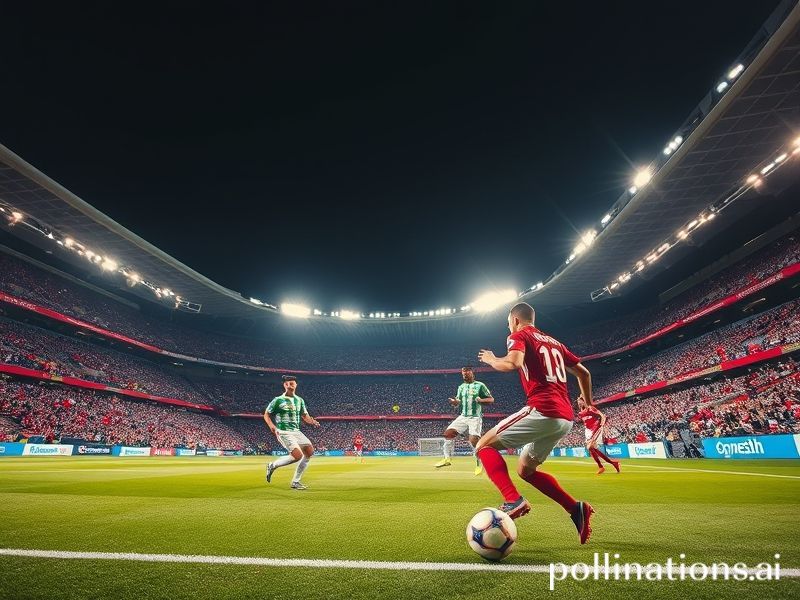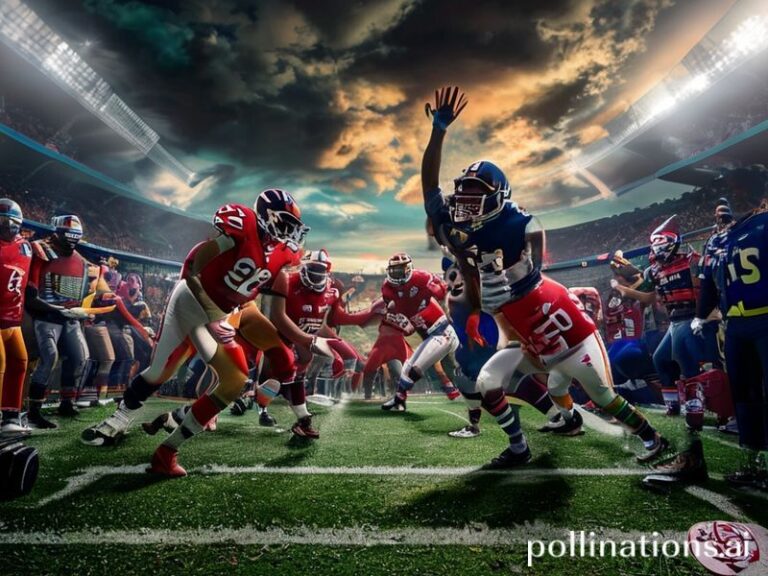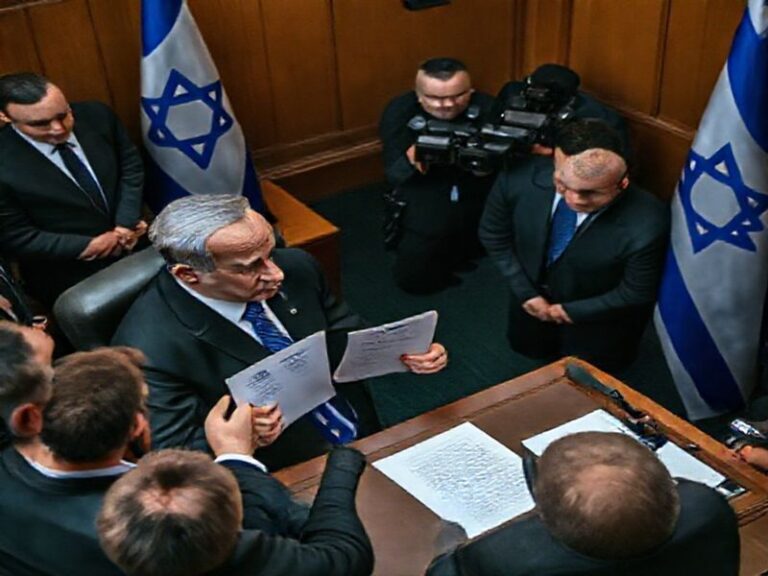Sevilla vs Elche: A Weekend Diversion While the World Burns
Sevilla vs Elche: A Microscopic Battle on the Edge of the Known Football Universe
Sometime this weekend, while missiles arc over the Black Sea, supply chains whimper in the South China Sea, and the last adult on Earth tries to remember what “work-life balance” used to feel like, two modest football clubs will meet in southern Spain. Sevilla FC—once Europe’s Europa League frequent-flyer punchline—will host Elche CF, a side whose annual existential crisis is so predictable it could be taught at the Sorbonne under “Advanced Studies in Relegation Anxiety.” The fixture matters, of course, to the 40,000 souls cramming into the Ramón Sánchez-Pizjuán and to the nine insomniacs live-streaming it from a basement in Ulaanbaatar. But why, dear reader, should anyone beyond the Guadalquivir give a damn?
Because Sevilla vs Elche is a perfect petri dish for the macroscopic neuroses of modern civilization. Consider the geopolitical backdrop. Europe is busy rediscovering that energy comes from places with names you can’t spell, while simultaneously pretending football is still “the people’s game” and not a hedge-fund cosplay. Sevilla’s owners, American private-equity types who think “tapas” is a cryptocurrency, are quietly stress-testing how much debt a club can carry before it qualifies for IMF assistance. Elche, meanwhile, is owned by a shadowy consortium whose members are rumored to include a Dubai parking-meter conglomerate and at least one influencer who teaches yoga to falcons. Somewhere in Brussels, a bureaucrat is drafting regulations to ensure competitive balance; in Riyadh, another bureaucrat is drafting regulations to ensure the opposite. Both will cite “the good of the game,” which is charming in the way a funeral director might cite “the good of the corpse.”
The sporting stakes appear trivial—three points, a shaky step away from the drop zone, a slightly shinier coefficient for UEFA’s ever-expanding circus. Yet zoom out and Sevilla vs Elche becomes a parable of late-capitalist entropy. Sevilla, a club that lifted the Europa League so often UEFA briefly considered renaming it the “Sevilla Plate,” now flirts with relegation like a bored aristocrat experimenting with populism. Elche, promoted and relegated more times than a budget airline loyalty card, embodies the gig-economy ethos: here today, gone tomorrow, back the day after with a new crest and a GoFundMe. Their match is less a contest than a shared hallucination that the pyramid still has a broad base rather than a single, diamond-tipped apex owned by sovereign wealth.
Globally, the audience will be a mosaic of the damned. In Lagos, a betting syndicate will hedge on Sevilla keeping a clean sheet because their data-crunching algorithm once overheard a prayer in Arabic. In Tokyo, a remote-work refugee will watch on three-second delay, wondering if the real tragedy is the lag or his life choices. In Cincinnati, a Liverpool fan will tune in “just to scout Sevilla’s right-back,” which is code for “avoiding his in-laws.” All of them, unknowingly, are underwriting the broadcast rights that allow these clubs to hemorrhage money with the elegance of a Versailles courtier sneezing into a silk handkerchief.
And what of the players? Twenty-two millionaires running in circles so the rest of us can pretend the world still spins predictably. Sevilla’s marquee striker will miss a sitter, then post an apology on Instagram—translated into seven languages, including Esperanto—while Elche’s on-loan midfielder will score an own goal so poetic it will be cited in a Milan Kundera footnote. After the final whistle, both teams will thank the fans “for their unconditional support,” a phrase that sounds less like gratitude and more like a dark warning.
Final score? Irrelevant. The planet will keep warming, oligarchs will keep oligarching, and your streaming subscription will auto-renew regardless. But somewhere in Andalusia, for ninety minutes plus injury time, humanity will indulge the beautiful illusion that a leather sphere can still decide something meaningful. Then the floodlights will dim, the screens will go black, and we’ll all trudge back to the same slow apocalypse—only now with slightly updated league tables.
In that sense, Sevilla vs Elche isn’t just a football match; it’s a group therapy session nobody asked for but everyone attended. Bring a cushion. The bench is hard, and the session runs long.







